Sport
Dollar
38,1572
0.32 %Euro
43,6859
0.12 %Gram Gold
4.067,5000
0.1 %Quarter Gold
6.720,2300
0 %Silver
39,8300
0.14 %Homegrown AI in the native tongue is democratising technology in Senegal and bringing millions of unlettered citizens into the digital mainstream.
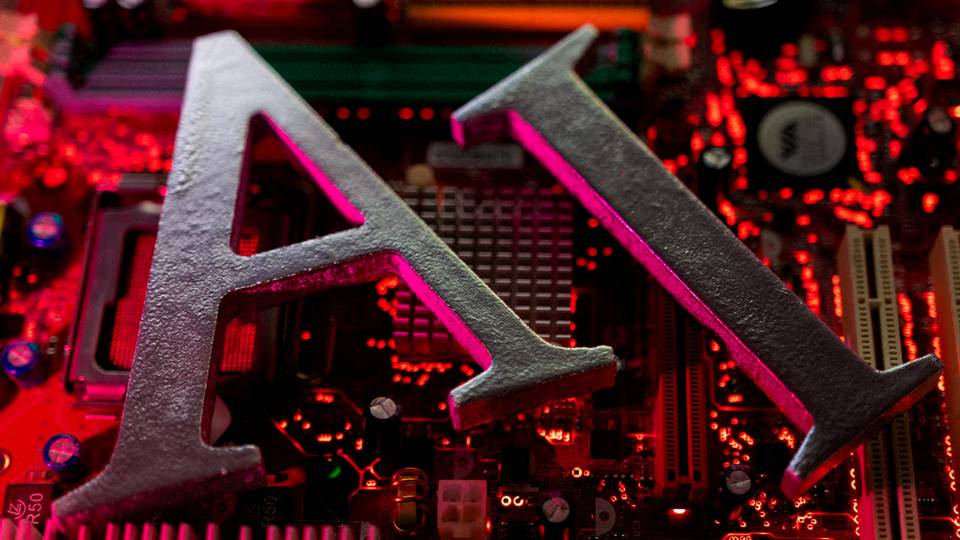
By Firmain Eric Mbadinga
Binta Kéita, a childminder in Dakar, owns an Android phone whose functionality she cannot maximise because of her inability to navigate through the technology maze.
For tasks as simple as an electricity recharge, she often needs to step out despite having an app on her phone specifically designed for the purpose.
"Not being able to read or write, I have no alternative but to travel some distance to seek help," Binta, who is in her thirties, tells TRT Afrika.
She isn't the only one left behind in the race to make life easier by adopting digital technology.
In Senegal, the literacy rate is estimated at 42% for a population of 16 million.
These two figures suggest that almost nine million people can neither read nor write, although this does not preclude them from being an integral part of the country's socio-economic fabric.
So, how do people like Binta integrate into an emerging economy that requires even unlettered citizens to be capable of using online services like purchasing electricity, transferring funds, or making a payment?
A Senegalese start-up called Andakia has stepped in to spare Binta and millions of people like her the frustration of not being able to use services that could make their lives easier and more productive.

AI for everyone
AWA, a Wolof-speaking artificial intelligence system released by Andakia, is the brainchild of Alioune Badara Mbengue.
This young Senegalese is a passionate entrepreneur specialising in AI and digital innovation.
With Andakia, Alioune and his colleagues promise to give AI an African identity. "Our ambition is to make technology accessible to all Africans by overcoming language barriers," he tells TRT Afrika.
"In 2015, we co-invented Mbal-it, the smart rubbish bin, which revealed to us that technologies need to speak local languages to be truly adopted by everyone.
"The team at Andakia spent the next few years developing inclusive solutions, culminating in the launch of AWA in 2024.
"AWA is the first AI that understands and speaks perfect Wolof. Our vision is to extend AWA to other African languages, enabling Africa to become a leader in digital innovation and ensure technological sovereignty tailored to its needs," says Alioune.
Since the AWA project was revealed through a video posted on social media, a wave of curiosity and enthusiasm has swept through Dakar and beyond.
Abdoul Touré, a shopkeeper in the Senegalese capital's Médina district, is among those looking forward to having the app on his phone.
"I first heard about it from my brother Alassane. He knows a lot about new technologies, but I didn't believe in them because these were things I had only seen in sci-fi films."
What changed Abdoul's mind was seeing the AI innovators on TV presenting their project.
"It's brilliant, and I can't wait to use it," he says.
But like Binta, the 40-year-old fruit seller hopes to have more autonomy when it comes to accessing digital or online services.
He worries about whether his personal information, especially his financial transactions, risks getting exposed if he needs help from someone other than his brother to execute a transaction, such as sending money or making an online purchase.

Multi-disciplinary team Melba Orlie, Ibrahima Khalil Ba, Pape Gorgui Ndoye, Mandiaye Gningue and Tidjane Tall, all of whom are part of the start-up, say they are becoming increasingly aware of the role that AWA will play in people's lives.
For each of these team members, it is both a responsibility and a source of pride to see a project they self-financed come to fruition, changing lives for the better. Andakia's young team is a symbiosis of AI engineers, developers, UX/UI specialists, creatives, business and marketing experts, and natural language processing specialists.
"We have carefully brought together experts from various fields to build a team capable of taking on the most complex challenges and innovating in every aspect of the project," Alioune tells TRT Afrika.
How AWA works
Andakia, which had AWA tested by a panel of 200 users over several days, has made the program accessible via a web and mobile platform.
It can be integrated into platforms such as WhatsApp or via APIs (application programming interfaces) for businesses.
Andakia also plans to work with public services to facilitate its adoption.
AWA users need to simply engage in a spoken exchange with the AI interface in Wolof, seeking general information or asking it to perform tasks such as ordering a taxi, ordering a meal, or carrying out financial and other transactions.
For IT developers, AWA is an interface that will enable them to integrate its capabilities directly into their own applications.
"This means that digital services such as applications or chatbots that were previously limited to French and English will now be able to offer a complete experience in African languages such as Wolof," explains Alioune.
For example, customer service on WhatsApp could answer users' questions in Wolof in a natural and fluid way, making it easier for millions of people to access various services.
"This API paves the way for solutions adapted to local realities, and the AWA application will soon follow to offer this accessibility directly to individuals," Alioune tells TRT Afrika.
Andakia guarantees that each user's data will be stored and secured on reliable servers, backed by protocols that comply with the relevant legislation and ensure digital sovereignty.
Theological roots
AWA derives its name from Ḥawwā, the Arabic equivalent of Eve, the wife of the first human being, Adam.
In contrast with AI-generated sound, AWA's voice has been synthesised to imbue it with a human tone and, most importantly, a Senegalese accent.

"We collaborated with linguistic experts and native speakers to train the text-to-speech model. This ensures accurate, smooth pronunciation in Wolof while honouring cultural specificities," says Melba Orlie, the lone woman in the Andakia team.
AWA, available for use since November 1, was showcased at the unveiling of the new Senegal 2050 reference framework, where it played a crucial role in explaining in Wolof the strategic pillars of the plan during the presentation by Prime Minister Ousmane Sonko.
Although AWA is demonstrating its value effectively in Wolof, the innovators are striving to expand the linguistic range of their AI platform in their pursuit of inclusivity and diversity.
Alongside other Senegalese languages, African languages like Pulaar and Hausa will render AWA a multilingual AI interface. As for the female voice, Alioune assures everyone that it will remain the project's muse.
"AWA will always be AWA. Users have already made it their own. It's common for people to call out to us on the street and ask, 'Where's AWA?' This is proof that AWA's voice and name have become familiar and appreciated," he says.
Andakia is now working on specific health, education, and agriculture applications to create solutions with a strong social impact.
➤ Click here to follow our WhatsApp channel for more stories.
Comments
No comments Yet








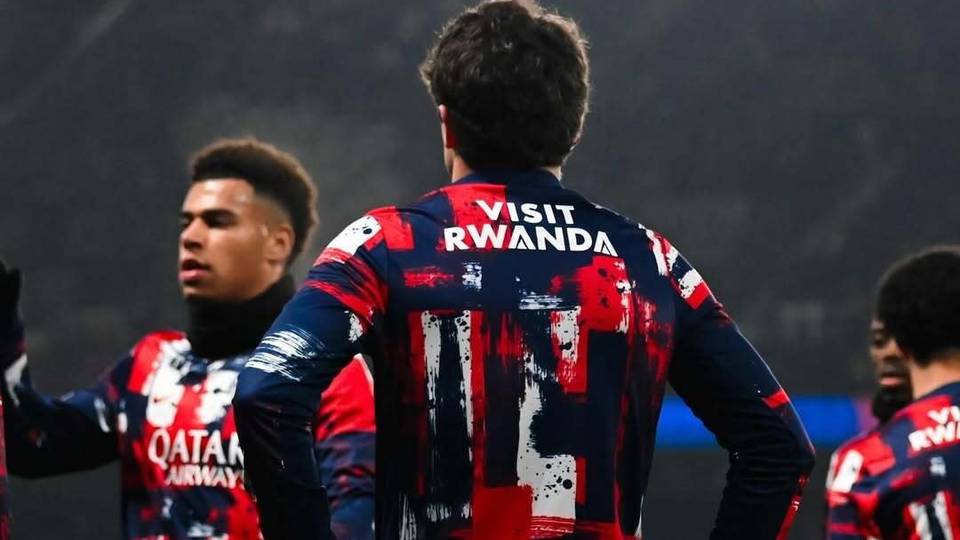
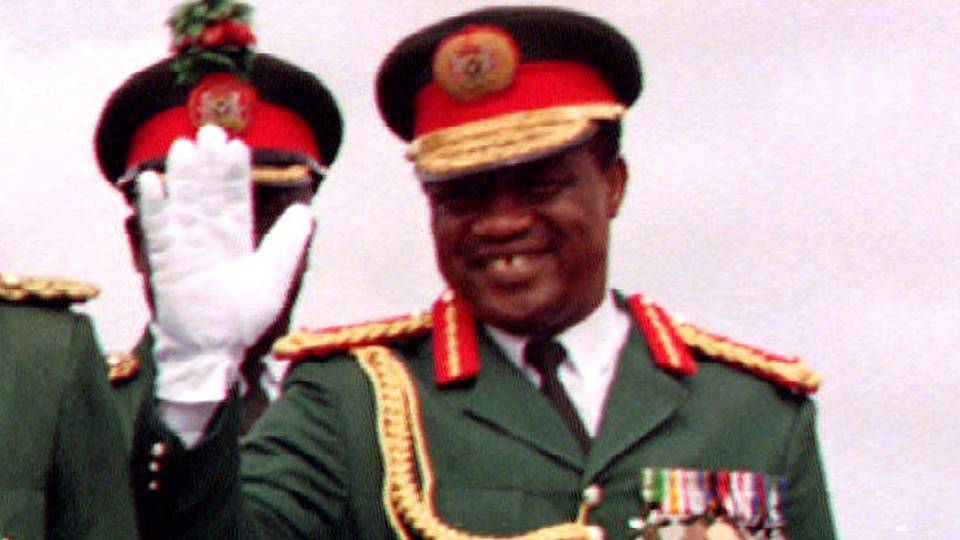
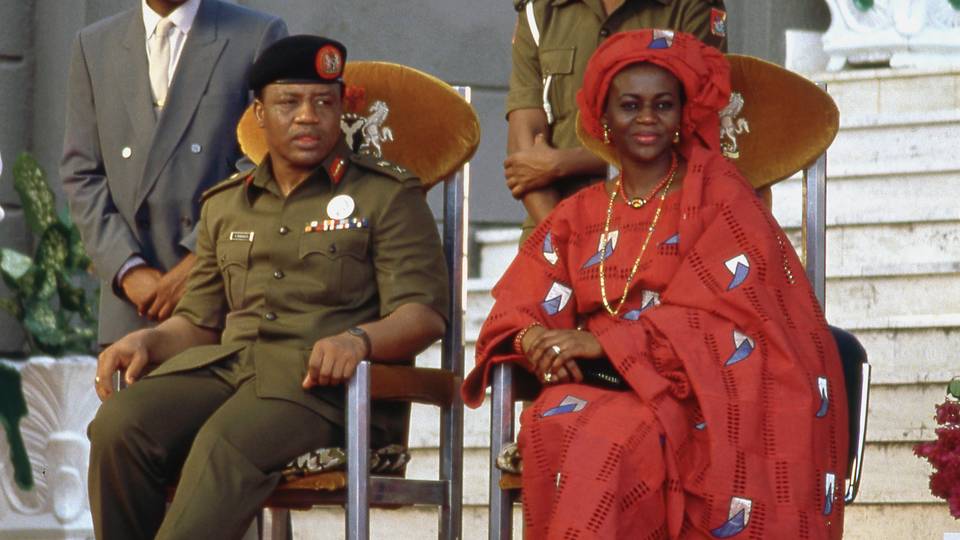
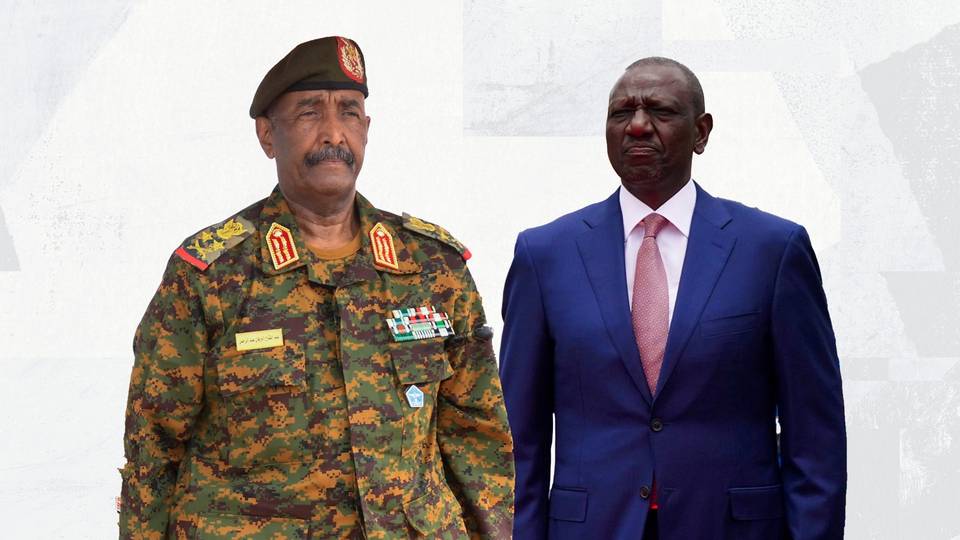








Comment